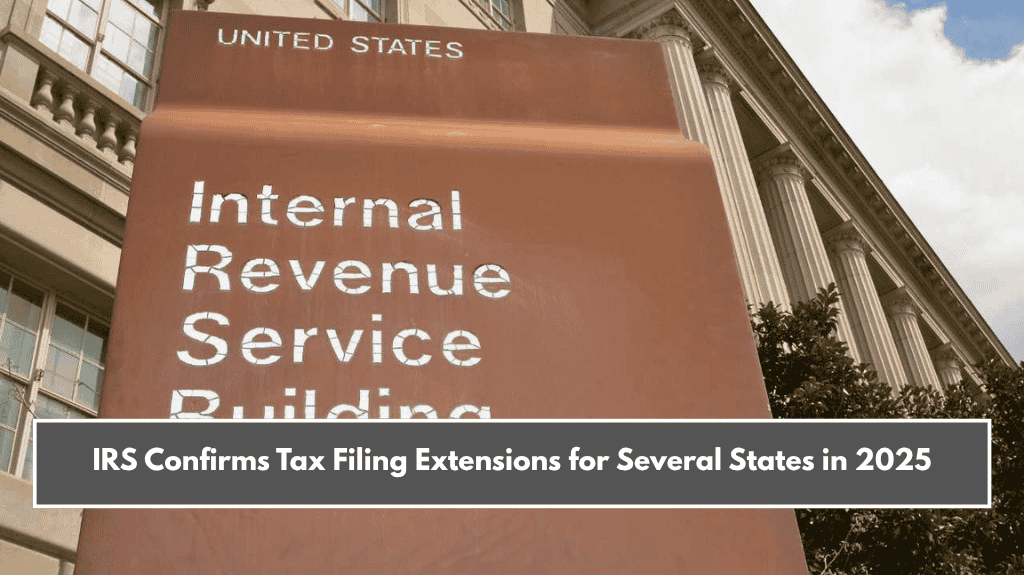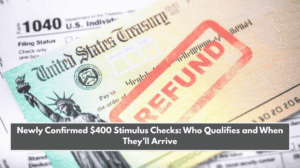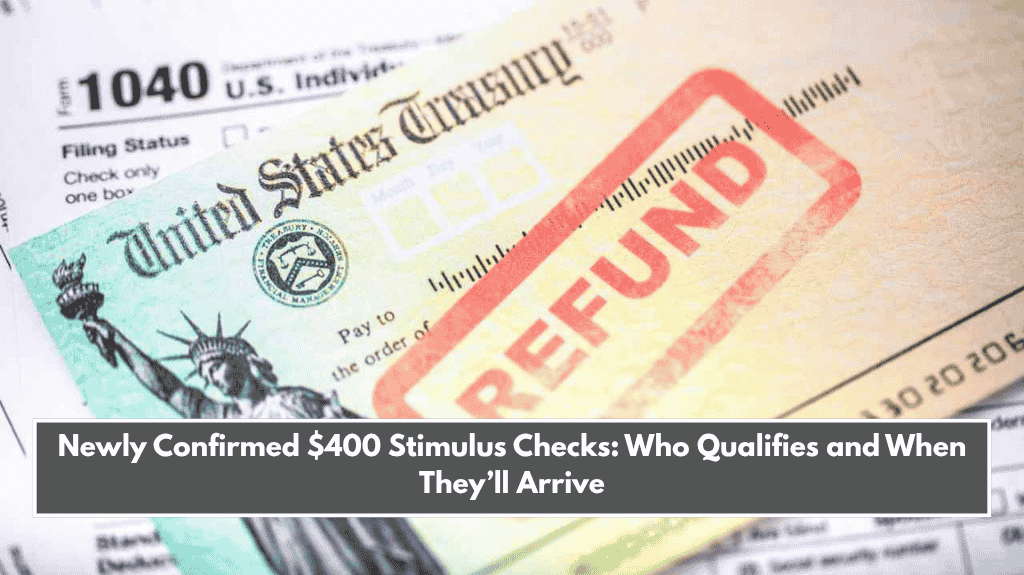The Internal Revenue Service (IRS) is offering automatic extensions for filing and paying federal taxes to taxpayers affected by natural disasters in 2024 and 2025. This relief covers both individuals and businesses located in areas officially declared disaster zones by FEMA. These extensions are in effect until May 30, 2025.
Which States Have Extended Deadlines?
Several states impacted by recent hurricanes like Helene and Milton have extended their tax deadlines to May 1, 2025. These states include:
- Florida
- Alabama
- Georgia
- North Carolina
- South Carolina
- Tennessee
Other states partially covered by extensions include Virginia, Alaska, New Mexico, and West Virginia.
Longer Extensions for Some States
Some states have deadlines beyond May 1, 2025:
- North Carolina: Extended to September 25, 2025
- Virginia: Extended to November 3, 2025, due to winter storms and flooding
- Arkansas, Kentucky, California, and West Virginia also have extensions until November 3, 2025
The exact deadline depends on the specific disaster and FEMA designation.

Who Qualifies for These Extensions?
These automatic extensions only apply to taxpayers living or doing business within FEMA-declared disaster zones. If you live outside these zones, you must request a separate extension.
Eligibility also includes relief workers with recognized organizations and even visitors injured or affected by the disaster in those areas.
How to Get an Extension if You’re Not in a Disaster Zone
If you need more time but don’t qualify for a disaster extension, you can file IRS Form 4868 to get an automatic extension until October 15, 2025. However, any taxes owed must still be paid by April 15, 2025 to avoid penalties and interest.
Important Details for Taxpayers
- You do not need to apply for an automatic extension if you qualify — it is granted by the IRS.
- Make sure to file your return and pay any taxes before the extended deadline to avoid penalties.
- You can check if your county or locality is included on the IRS website or by contacting your local IRS office.
- It is the taxpayer’s responsibility to verify eligibility and file on time.















